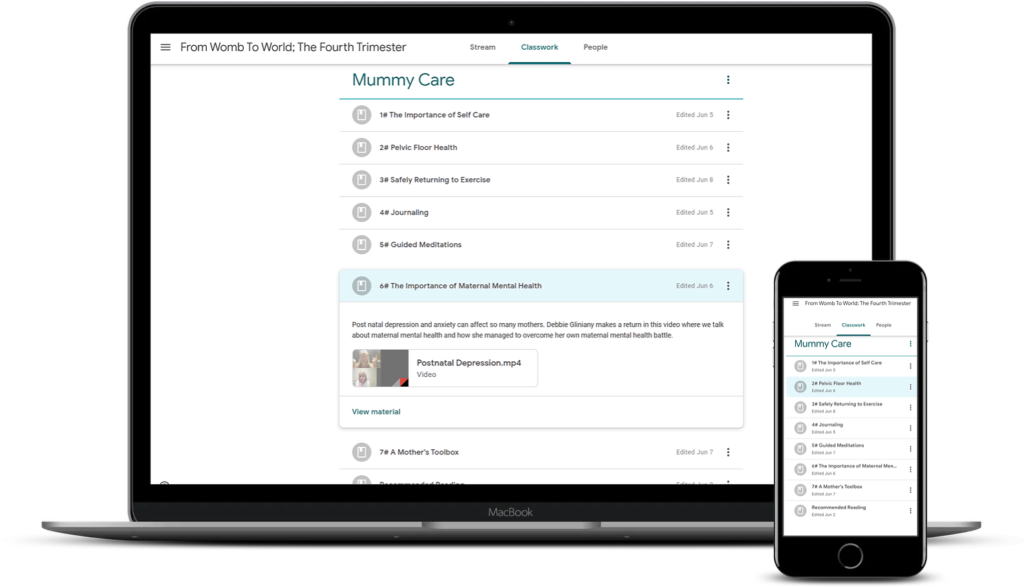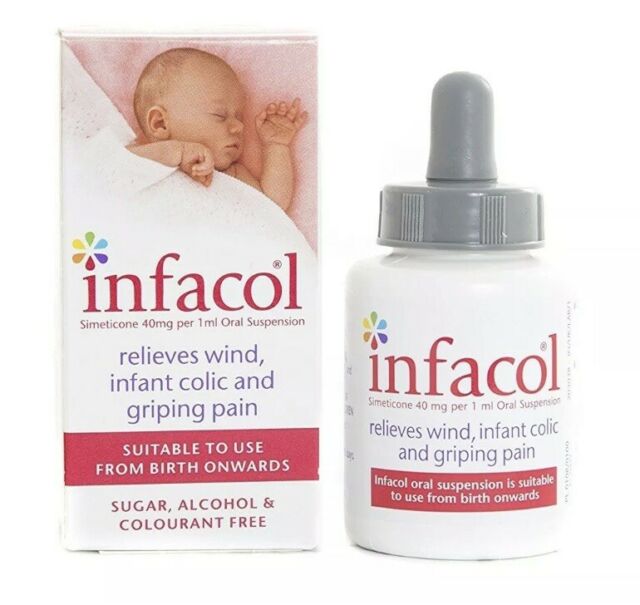Would you be shocked if I told you that then palm oil is added to infant formula as standard? The scientific studies have shown that it could cause constipation in babies.
The Use of Palm Oil
When feeding your baby, human breastmilk is considered to be the ‘gold standard’ because it contains everything your baby needs to fuel growth, brain development and development of tissues and organs. It contains all the prebiotics and probiotics your baby needs to maintain a healthy microbiota. However, so many parents face the decision not to breastfeed whether that be personal choice or due to health issues. This is when formula manufacturers must ensure that babies who are formula fed receive the right nutrients.
Palm oil is used as well as other vegetable oils, in an attempt to replicate the fatty acids that are present in human breastmilk. Fatty acids contribute to the development of baby’s nervous system, organs and tissue and also baby’s cognitive development.
The majority of infant formula is made using skimmed milk so the fats are initially removed. This is why they then have to be added back in to the formula. Palm oil is the ‘go to’ fat because it is farmed on such a mass scale that it makes it comparatively cheap compared to other oils.
The Science
Using palm oil can be problematic. The use of palm oil in infant formula has been linked to constipation in babies and colic symptoms too.
A randomised, double blind study of 33 babies in 2017[2] found that the babies who were fed a palm oil free formula had less fats in their stools. The fat absorption was higher for these babies, compared to the babies that were fed a standard formula (containing palm oil). Concluding, the fats in palm oil are not being absorbed by the babies. This has an impact on a baby’s development as they are not absorbing the fats as much as they should be doing in order to get the most nutritional benefits. This also has the result of causing constipation in babies too.
The study also found that the calcium absorption was higher for the babies fed palm oil free formula which could lead to problems later in childhood with inhibited bone mass and bone density. Again, a worrying find.
It is understood that the poor absorption is due to the structure of the fats. The palm oil has a different structure to the fats found in human breastmilk, therefore it is absorbed differently, and in many cases inefficiently.
The Poo Problem
Although I have mentioned the science, more parents are concerned as to what the reality is for their baby. The babies in the above study who were fed formula containing palm oil, and in a previous study in 2013[2], had harder stools. These hard stools are often associated with constipation and the fussiness that comes with it. Parents who do switch to a palm oil free formula do often comment that their baby’s poo is much looser compared to their stools when fed a standard formula. Here, you can find some helpful tips on constipation.
A Cause of Colic?
The evidence of the studies mentioned suggest that the palm oil does negatively impact on a baby’s digestive system. It can contribute to colic like symptoms such as trapped wind and gas as a baby’s immature gut is too immature to break down these fatty acid structures.
The Environmental Impact of Palm Oil
The environmental impact of this ingredient cannot be ignored either. Palm oil farms are a major driver of deforestation of some of the world’s most bio-diverse rainforests. The destruction of the rainforest is also leading to displacement of wildlife. The orangutans in Borneo have lost 80% of their habitat due to the oil palm farming.
It is having a global impact and contributing to the climate change crisis that we now face. The clearing of the forest to make way for the farming is done by burning the land. This contributes to the high levels of Carbon Dioxide in the Earth’s atmosphere.
Many companies are switching to RSPO accredited plantations (responsibly sourced palm oil) with one known infant formula brand, HIPP Organic, making that switch. Although, it is difficult to know for sure whether the members are complying with the regulations stipulated by the Roundtable on Sustainable Palm Oil.
What is being done to combat the problem?
In short, nothing. It is concerning that the effects are known, yet nothing is being done to ensure infant formula is the optimum nutrition for babies. In my research, I was shocked to find that only 2 infant formula brands did not contain palm oil. Both brands are small companies and seen as alternatives to the mainstream. Both use full fat milk rather than skimmed, so do not require to add in the additional palm oil to make up the essential fatty acids. One of those is Kendamil which is a cow’s milk based formula and the second is Nannycare which is a goat’s milk based formula. Have you read my previous article on the effects of goat milk?
Knowing all of the above, the question has to be, why are we still feeding babies palm oil, when we don’t have to? In my opinion it is time formula companies stepped up for both the environment and our children’s health.
If you are feeling overwhelmed by your baby’s colic or unsure which formula you should be reaching for then you can find our more about my care services or you can book a free 15 minute call for an informal chat about your baby.
[1] Souza, C.O., Leite, M.E.Q., Lasekan, J. et al. Milk protein-based formulas containing different oils affect fatty acids balance in term infants: A randomized blinded crossover clinical trial. Lipids Health Dis 16, 78 (2017). https://doi.org/10.1186/s12944-017-0457-y
[2] Leite, M.E.d.Q., Lasekan, J., Baggs, G. et al. Calcium and fat metabolic balance, and gastrointestinal tolerance in term infants fed milk-based formulas with and without palm olein and palm kernel oils: a randomized blinded crossover study. BMC Pediatr 13, 215 (2013). https://doi.org/10.1186/1471-2431-13-215












